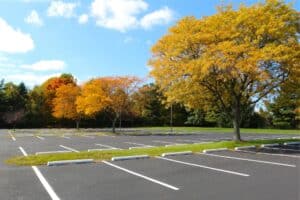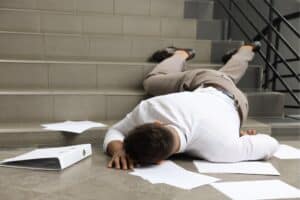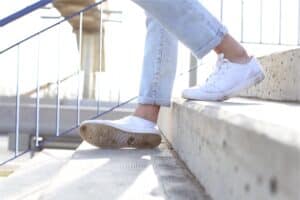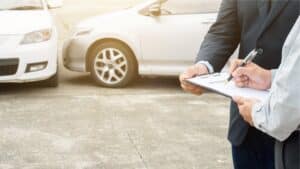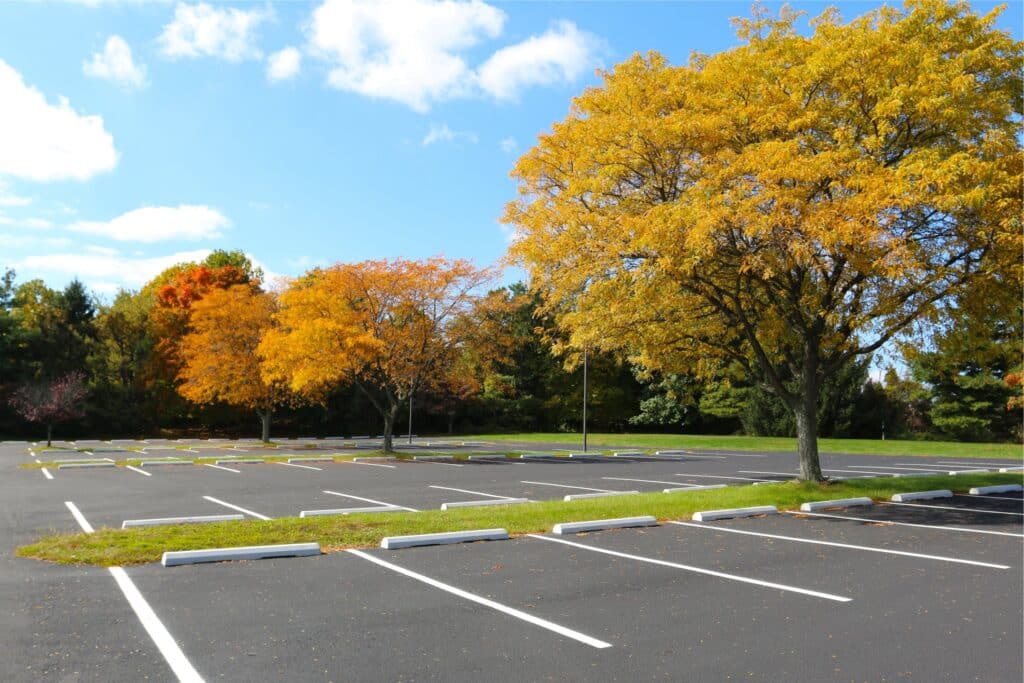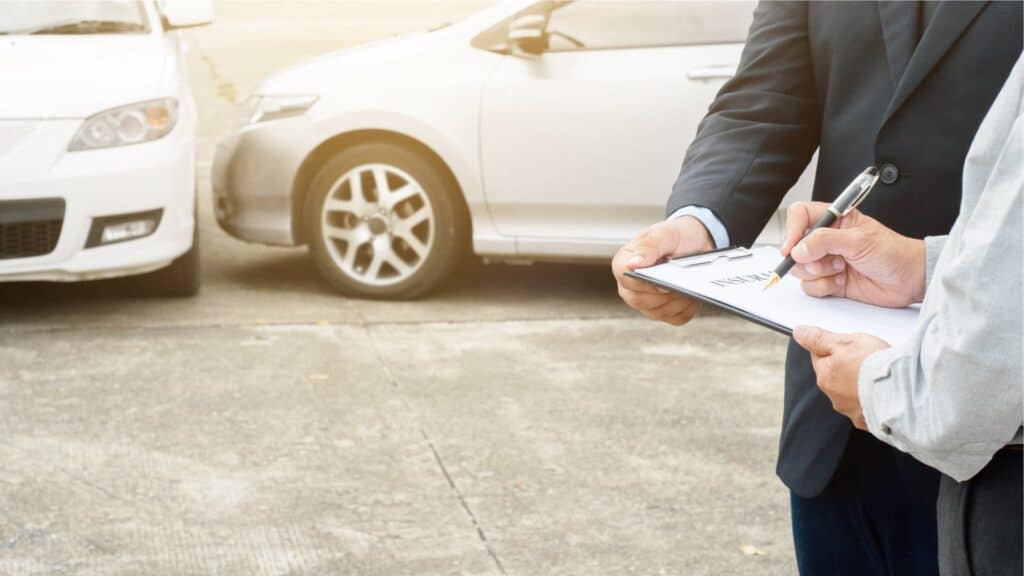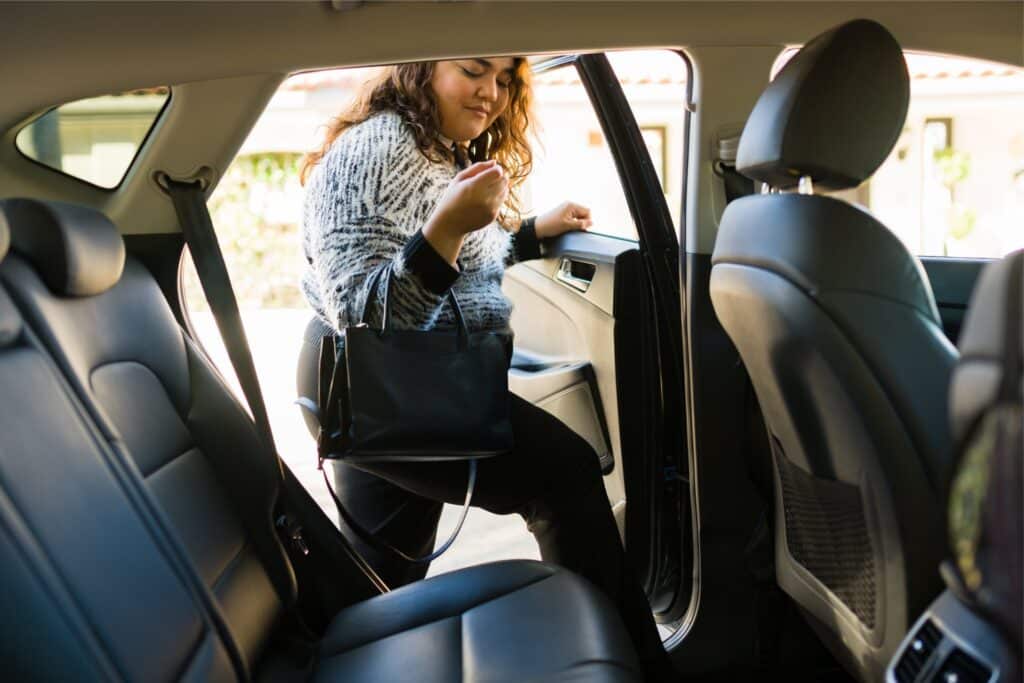At Zbinden & Curtis, Attorneys At Law, we understand how a slip and fall accident can completely disrupt your life. One minute, life is normal, and the next, you’re dealing with painful injuries, mounting medical bills, and the stress of lost income. It’s a difficult situation, and figuring out the legal steps that lead to the compensation you deserve can be even more difficult.
In Oregon, our shared responsibility laws can significantly affect the outcome of your slip and fall case. These laws determine how fault is shared between you and the property owner, which ultimately impacts the compensation you might receive. Therefore, this article will break down what shared responsibility means, how it applies to slip and fall accidents in Oregon, and what you need to know to protect your rights.
If you’ve been in a slip and fall accident in Oregon, call the personal injury lawyers with decades of experience. Call Zbinden & Curtis, Attorneys At Law.
Understanding Slip and Fall Accidents
Slip and fall accidents can happen almost anywhere. They are common at grocery stores, office buildings, public events, and even city sidewalks. Slip and fall accidents occur when someone encounters a hazardous condition, like a wet floor, uneven surface, poor lighting, or clutter, and falls because of it. Recognizing and addressing these hazards promptly is the responsibility of the property owners. If they fail to do so, they may be held financially accountable for any injuries.
Property owners and managers are legally obligated to keep their premises safe and free from obvious dangers. This means they need to regularly check their property for potential hazards, fix the issues they find quickly, and warn visitors about any dangers that can’t be immediately fixed. For instance, a store should put up wet floor signs after mopping, and a landlord should repair broken stairs as soon as possible to prevent accidents.
If a property owner fails to meet this responsibility and someone gets hurt as a result, the owner can be held liable for those injuries. To prove liability in a slip and fall case, you need to show that the property owner knew or should have known about the dangerous condition and didn’t take the necessary steps to fix it. At Zbinden & Curtis, Attorneys At Law, we’ve seen the serious impact these accidents can have on victims. They often face physical pain, emotional stress, and financial burdens. Knowing your rights and understanding how to prove negligence is the key part of pursuing a slip and fall claim. When you can prove an owner’s negligence at least partially contributed to your accident, you can receive relief from your medical bills and lower the percentage of fault placed on you.
Oregon’s Shared Responsibility Law
In Oregon, the concept of comparative negligence is the foundation of shared responsibility laws. These laws are the most significant in personal injury cases like slip and fall accidents. Comparative negligence means that the fault for an accident can be divided among multiple parties, including the injured person. Oregon follows a modified comparative negligence rule, which can complicate your slip and fall case even further.
How Modified Comparative Negligence Works
In Oregon, the modified comparative negligence rule means that if you’re injured in a slip and fall accident, you can recover damages only if you are found to be less than 50% at fault. If you’re found by investigators to be more than 50% responsible, you won’t be able to receive any compensation for your injury. For example, if you were distracted by your phone and didn’t see a clearly marked wet floor, the court might decide you are partially to blame for your fall. If it’s determined that you are 30% at fault, and the property owner is 70% at fault, you can still recover damages, but they will be reduced by your share of the fault. So, if your total financial damages after your accident amount to $10,000, you would receive $7,000 from the property owner to cover your expenses.
Proving Negligence in Slip and Fall Cases
To successfully pursue a slip and fall claim, you need to prove that the property owner was negligent. This means showing that the owner knew or should have known about the hazardous condition and didn’t take action to fix it in a reasonable time. You can help support your claim by including photographs of the accident scene, witness statements, surveillance footage, and maintenance records in your claim. Your personal injury attorney can help you find this evidence and present it to the court in a compelling way.
What to Do After a Slip and Fall Accident
If you’ve been injured in a slip and fall accident, the steps you take next can significantly impact your case. The best thing you can do is to collect evidence of the accident by:
- Seeking Medical Attention: Your health should be your top priority. Get medical treatment right away, even if your injuries seem minor. Medical records will also provide substantial evidence for your claim.
- Reporting the Accident: Inform the property owner or manager about the accident as soon as possible. Make sure they file an incident report that will provide a paper trail later on.
- Documenting Everything: Take photos of the accident scene, your injuries, and any hazards that contributed to your fall. Also, collect contact information from any witnesses who saw the accident.
- Contacting a Personal Injury Attorney: Reach out to a personal injury attorney who has experience with slip and fall cases. Contacting Zbinden & Curtis early on can significantly affect the outcome of your case.
Call the Slip and Fall Accident Attorneys at Zbinden & Curtis Today
Slip and fall accidents can have lasting impacts on not just your health but also your finances. Understanding Oregon’s shared responsibility laws is important for navigating the legal aspects of these incidents. At Zbinden & Curtis Attorneys at Law, we are dedicated to providing compassionate and effective legal representation to help you secure the compensation you need to move forward.
If you or a loved one has been injured in a slip and fall accident, call us at (503) 287-5000 for a consultation.
